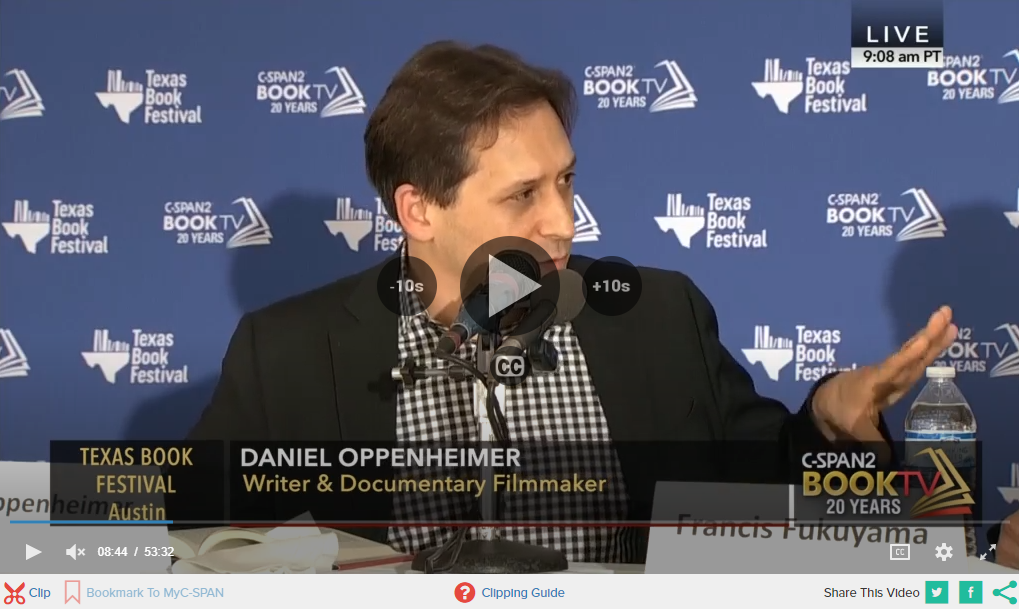I just published a feature story in the New York Times Magazine on my experience doing couples therapy with well known couples therapy guru Terry Real. You can read it here. The opening:
One thing I’ve learned from being married to my wife, Jess, who is a couples therapist, is how vast the distance is between the masks people show to the world and the messy realities that live behind them. Every couple knows its own drama, but we still fall prey to the illusion that all other couples have seamlessly satisfying relationships. The truth about marriage — including my own — is that even the most functional couples are merely doing the best they can with the lives that have been bestowed on them.
This past spring, Jess and I had the first of eight sessions of couples therapy with Terry Real, a best-selling author and by far the most famous of the therapists we’ve seen during our marriage. In November, I watched the recording of that session for the first time since treatment. In the footage, I see Jess and me as Real might see us. I look worn down, a little pained. Jess looks to me like the same beachy blonde who divebombed into my life 20 years ago, crashing at a few thousand miles per hour into the defenses against intimacy and vulnerability that I had dedicated so much energy to erecting. She is lithe and elfin where I am dense and rough-planed. She looks tired, too, though.
Real glows in the aura of his webcam light, at 74 still elfin in his own right. He’s pushing me harder than I’m used to being pushed by a therapist, expressing skepticism of what strikes him as an overly sanitized version of my internal monologue when I feel criticized by Jess.
“If your hurt feelings could speak, what would they be saying?” he asks.
“I tell myself: ‘I try really hard. I try to be a good person. I try to be thoughtful about Jess and what she needs. Maybe I don’t get to everything, but it’s not because I’m not a good person.’”
“Really?” Real asks. “That’s what it sounds like?”
I laugh self-consciously.
“Can I tell you what I think it sounds like?” he asks.
Real pauses, intensifies his tone and confronts me with the kind of coarse language he is known to use with his male clients — the language he believes they understand and respond to. “ ‘No matter what I do,’ ” he says, “ ‘No matter what I fucking do — no matter how hard I try — you’re going to find the one damned thing I didn’t do. I can’t believe I have to put up with this bullshit again.’ ”
I appeared on the Bonjour Chai podcast to talk about the article.
And I published a follow-up post on my Substack.






